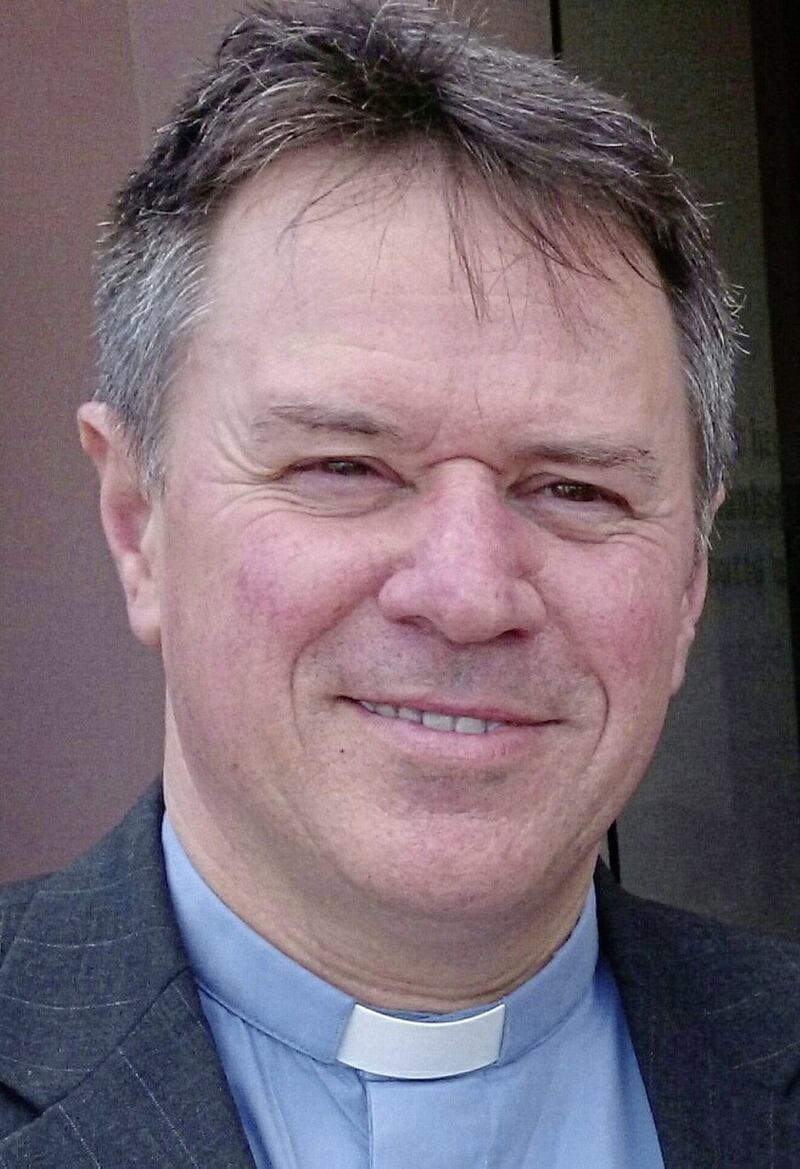WHAT is wrong with the world? What is the problem?
We look at the news, and we see crisis after crisis; the pollution of the oceans, freak weather, high school massacres, criminal damage, self-harm, widespread uncertainty and despair.
No matter how nice our house or car, or our latest gadget or holiday, the world is not a happy place.
Is it that we have crazy leaders? Shall we blame the government? Or have people become ungovernable? Are we the problem?
Is it the fault of 'the rich'? If we had more money, would we be any different?
The Bible teaches the fundamental problem is not environment but nature - not so much the 'out there' but the 'in here'.
Of course we are influenced by our surroundings and company but ultimately we act on the choices of our own hearts - and the most basic universal problem is a three-letter word: sin.
No matter the lessons of history, no matter how much money is spent, no matter how much information is made available or how many incentives are offered, we human beings cannot seem to stop ourselves doing wrong.
Sin is a universal fault, a twist in our nature that turns us away from our Maker in rebellion and prompts us to follow our own self-centred agendas.
It ruins everything. Great achievements are spoiled by corruption or injustice. Loving and productive relationships are spoiled by jealousy and spite.
We feel let down, wounded by others. Trust is replaced by resentment and anger.
Or we feel guilty, crippled by bad choices and past failures of our own.
The world is broken because people are broken, and while we welcome and support every initiative to make things better on the surface of things, we need a much deeper fix.
Something fundamental, profound; a change at the root and centre, in our very heart and soul.
The Bible teaches the fundamental problem is not our environment but our nature - not so much the 'out there' but the 'in here'
John the Baptist understood this. We can see this from John 1:19-34.
He knew that his ministry was limited. John baptised with water as an outward symbol of cleansing and new life.
He urged people to change their outward actions but also to open their hearts in preparation to receive someone who could make a real difference on the inside.
Then came the day, the day for which they had been waiting. The day when the herald and forerunner made the grand, much anticipated announcement and stepped back to give the place in the spotlight to the only begotten Son of God, the living Word, source of all light and life, come in flesh from the Father full of grace and truth.
"Look," cried John, "the Lamb of God Who takes away the sin of the world... He will baptise with the Holy Spirit."
What did he mean?
John seems to be combining several pictures from the Old Testament here.
In very earliest times Cain and Abel made offerings to God. We are told Abel's offering of a lamb from his flock was pleasing to God.
Some time later in Genesis, Abraham is initially asked to sacrifice his young son Isaac to God but at the last moment a sheep is provided as substitute.
On the night the Hebrews left their slavery in Egypt, God visited judgement on their oppressors.
An angel brought death to the first-born in each Egyptian family, flock or herd. The Israelites were instructed that night to daub their doorposts with the blood of a lamb that their homes might be 'passed over' and their lives spared.
Later in Exodus was instituted Yom Kippur, the Day of Atonement.
Among the rituals on that day, Aaron the priest would symbolically transfer the sin and guilt of the community onto a goat which would be driven away into the wilderness.
This is where we get the idea of the 'scapegoat', one taking the blame for another.
Isaiah 53 predicted one who would be led "like a lamb to the slaughter" and that the Lord would lay on Him "the iniquity of us all".
He would be "pierced for our transgressions, crushed for our iniquities", the punishment bringing us peace would be on Him and by His wounds we are healed.
A wealth of references like these established over centuries the principles that sin separates us from God and invites His judgement, and that it requires a life offered in substitution for ours to carry our sin away, so that we might know peace with God as the broken relationship is healed.
"Look," cries John, barely able to suppress his excitement, "here is the Lamb of God."
Here is the one appointed and provided by heaven to deal with earth's greatest scourge; here is the one whose sacrificial lifeblood will cleanse hearts and consciences from guilt and make us acceptable to a holy God.
He will carry our guilt and its punishment that we might be saved from judgement and know light and life for all eternity; he will deliver us from the grip of sin, breaking its power over us.
He will cure our wayward hearts, leading us back into good and godly paths of righteousness, for he is a Good Shepherd.
This is why John also mentions the Holy Spirit.
It is good to know our past sins are forgiven, but what happens when we are tempted today?
More than 2,000 years of imperfect church history should warn us not to be naïve; Christians are forgiven but this doesn't stop us from sinning again.
How good to know then that Jesus is so much more than a hero who laid down His life for us long ago. He is our living Lord who goes on renewing and sustaining His followers through the presence and help of God the Holy Spirit.
The Spirit brings about inner conversion, assuring us of cleansing and the Father's love.
He prompts our conscience and our wills into a new life direction, following and serving Jesus.
Here is the powerful help from beyond ourselves that we all need, to live right and make good choices; here is the wisdom to understand things that happen in this world in the light of Scripture.
Look - the Lamb of God, who has dealt with our greatest problem and offers us cleansing and new life; we ignore or neglect him at our peril.
Let's look to him today and rejoice in the unique salvation he can bring.
Rev Andrew Watson is minister of the Presbyterian congregations in Dunfanaghy and Carrigart in Co Donegal.
He blogs at Wordsurfers.









